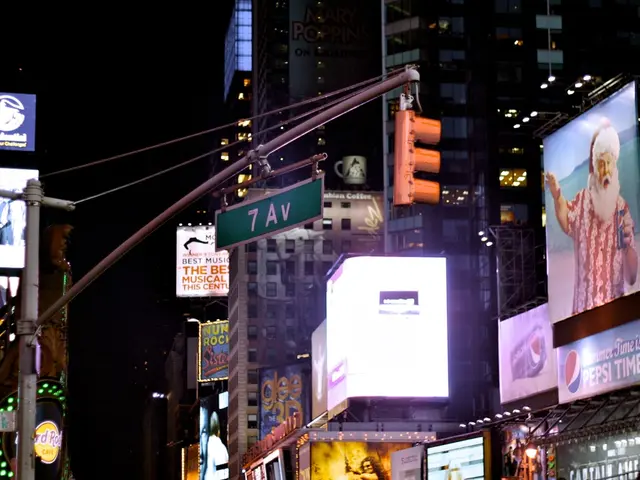Battery Storage Growth Slows as Safety Concerns Mount After California Fire
The rapid growth of battery storage systems, led by California and Texas, is facing pushback from some U.S. localities due to safety concerns, particularly after a recent fire at an IKEA-like facility in Moss Landing, California.
California and Texas have been at the forefront of battery storage, with other states quickly catching up, often with privately developed systems. Meanwhile, China and the U.S. are globally leading in adding these systems rapidly. Proponents insist on their safety, but more areas are imposing moratoriums on their development.
Opposition typically centers around the risk of thermal runaway, a chain reaction of uncontrolled heating that can cause fires or explosions. At least a few dozen U.S. localities have temporarily blocked big battery systems' development, including Los Angeles and Portland. More large lithium-ion battery arrays are being connected to U.S. grids for power storage and discharge during peak demand periods.
A battery storage system in Moss Landing, California, caught fire in January, leading to the evacuation of around 1,500 people. Battery storage advocates argue that a similar indoor facility would not be allowed in New York, which has adopted fire codes requiring modular enclosure design with minimum spacing to prevent fire spread. Residents in some areas are pushing back against these systems due to fire fears, as seen in the California incident.
Battery energy storage systems (BESS) are deemed crucial with the rise of intermittent energy sources like wind and solar, as they can enhance grid reliability and reduce blackouts. Despite their importance, safety concerns, particularly after the Moss Landing fire, are leading some localities to impose temporary bans on their development.







